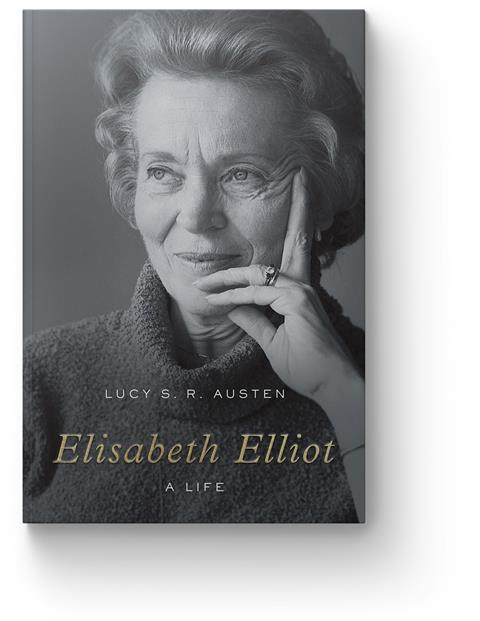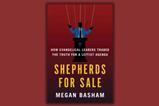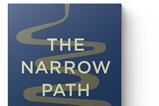
If you are among the millions of people who’ve read Elisabeth Elliot’s bestselling book Through Gates of Splendor (Tyndale), then this biography’s subject will be familiar to you. If not, then keep reading, because evangelicalism on both sides of the Atlantic has been heavily influenced by Elliot.
Lucy Austen carefully weaves Elisabeth Elliot’s own writing (particularly diaries, journals and family letters) into her narrative. The martyrdom of her husband, Jim Elliot, looms over the first third of the book, and then echoes throughout the rest. The book’s most fascinating tension is in seeking to understand who Elisabeth was in her three very different marriages, as well as before and around them. There is also a linguistic and translations thread to the story, both to Ecuadorean tribal languages such as Kichwa (of which her learning was a condition of marriage to Jim), and of the will of God, made clear in scripture, but also in some ways communicated more subjectively. Indeed, the gradual shift away from the very conservative faith of her upbringing and training is gradually refined, examined and clarified.
Austen notes that Elliot’s work on sex and romance (Passion and Purity, Authentic): “came to be seen as a foundational document of purity culture”. This biography, then, is not just of a remarkable woman and servant of God, but also about the ways in which God used that woman to shape – whatever one may think of it – English-speaking evangelicalism.
It’s a shame that Jim’s martyrdom wasn’t dealt with more concisely, but this is a minor quibble. Ultimately, Austen has done well to avoid the pitfalls of hagiography or a hatchet job to write a fascinating book.






































No comments yet